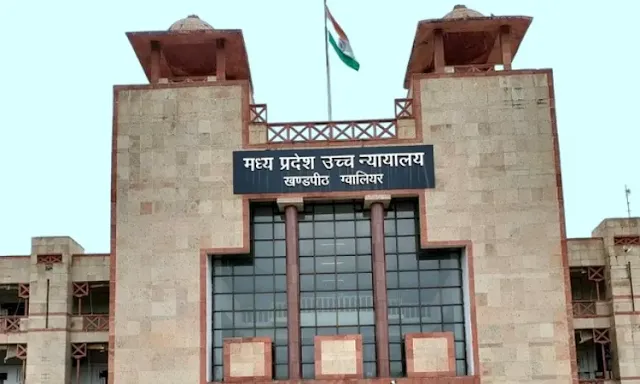The Madhya Pradesh High Court recently issued a ruling addressing the denial of a personal hearing in response to a show cause notice issued under Section 73 of the Goods and Services Tax (GST) Act. This ruling underscores the importance of procedural fairness in administrative actions and the necessity for authorities to provide an opportunity for parties to present their case.
Background of the Case
The case arose when a petitioner challenged the issuance of a show cause notice without being granted a personal hearing. The petitioner argued that the denial of such a hearing was a violation of the principles of natural justice, which mandates that an individual must have the opportunity to be heard before any adverse action is taken against them. The matter brought to light the procedural obligations of tax authorities under the GST regime.
Importance of Personal Hearing
The court highlighted the significance of personal hearings in ensuring fairness and transparency in the decision-making process. A personal hearing allows the affected party to present their side, clarify doubts, and respond to allegations directly. The absence of this opportunity can lead to arbitrary decisions, undermining the principles of justice and equity.
Court’s Observations
In its judgment, the High Court emphasized that the denial of a personal hearing in cases involving show cause notices under Section 73 of the GST Act is not acceptable. The court noted that taxpayers have a right to be heard, particularly when the outcomes of such proceedings could significantly affect their financial and legal standing. The judges reiterated that the right to a fair hearing is a fundamental aspect of due process.
Procedural Fairness and Natural Justice
The ruling reinforced the concept of procedural fairness, which is essential for maintaining public confidence in the legal and administrative frameworks. The court observed that any failure to adhere to these principles could result in the erosion of trust in governmental institutions. This ruling serves as a reminder to tax authorities that they must comply with established procedures and respect the rights of taxpayers.
Implications for Tax Authorities
This decision has far-reaching implications for tax authorities operating under the GST framework. It establishes a clear precedent that any show cause notice must be accompanied by the opportunity for a personal hearing. Authorities are now obligated to consider requests for personal hearings seriously and ensure that procedural fairness is upheld in all dealings with taxpayers.
Conclusion
In summary, the Madhya Pradesh High Court's ruling on the denial of personal hearings in response to show cause notices under the GST Act emphasizes the critical importance of procedural fairness and natural justice. This decision not only safeguards the rights of taxpayers but also reinforces the integrity of the tax administration system. By ensuring that individuals have the opportunity to present their case, the court has highlighted the necessity of maintaining trust in public institutions and the rule of law.










0 Comments
Thank you for your response. It will help us to improve in the future.